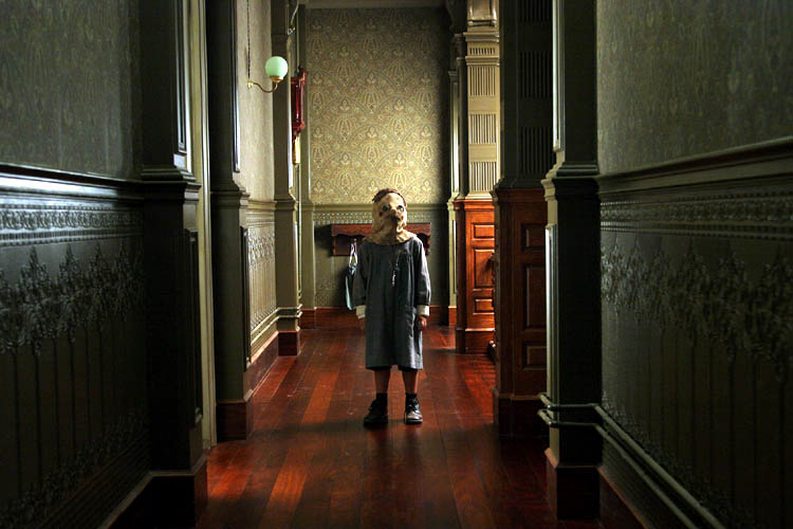Culture
The Bloody Truth: “The Orphanage”

Every week in The Bloody Truth, Calhoun Kersten examines the deeper meanings beneath one of cinema’s deepest genres: horror.
The world of horror has a long and colorful history. From ghosts and ghouls to murderers and madmen, the atrocities that the genre has to offer never seems to run dry. There’s always one more thing to be afraid of or one more thing that goes bump in the night. However, one problem that contemporary horror is running into is, even if we constantly have new things to fear, do we have new ways to make them scary? That’s the question at the heart of the 2007 Spanish film The Orphanage. While a great deal of its subject matter is familiar to those of us who have experienced a ghost story before, The Orphanage never claims otherwise. In fact, a great deal of its charm comes from its recognition of the classic form and the stories that have come before it.
Still, in its homage to the story tellers that have come before him, director Juan Antonio Bayona falls into some of the traps that can derail a truly terrifying movie. One of the biggest problems surrounding The Orphanage is the problem that plagues so many horror movies: over-reliance on the score. There are several pivotal scenes where the movie seems to be telling us to feel scared with its thunderous instrumentals or its silences. This never becomes too big of an issue, but rather it’s an annoyance when you’re entirely engaged in the scene and then the score, which seems to be intended to convey fear, ends up taking you out of the most tense and frightening scenes. Unfortunately, this isn’t a problem that’s confined to The Orphanage. It seems to find its way into more horror movies, and I think that’s why it’s so problematic for The Orphanage. The Orphanage isn’t like many other movies I’ve seen before. Sure, the whole ghost story concept isn’t exactly novel, but Bayona’s execution allows us to forgive the familiar story. It’s only when the film tries to replicate other movies, such as the overly dramatic score or some of the “gotcha” scares that you can sense from a mile away, that The Orphanage falters.
However, the successes of the film far outweigh some of its tired, stylistic choices. Although there are some conventions of the genre that threaten to undermine the film, some of these same tricks serve to increase the tension. Although the score is problematic, the sound design as a whole is incredibly effective. It calls to mind the horror movies of old, like the 1963 version of The Haunting. It uses its sound effects to heighten the feelings of uneasiness better than any score could communicate. Every so often, you’ll have something visual try to scare you, but the unusual thing about The Orphanage is that both its strengths and its weaknesses can be traced back to the use of sound throughout the film.
Still, it’s important not to privilege the auditory aspect of the film because the visuals, particularly the set design, are absolutely stunning in creating this believable space for the movie to play off of. Still, as with most films, what it boils down to is the story. Like I said, The Orphanage isn’t seeking to re-define the genre, but it isn’t content to be a simple addition to the ghost story formula either. There’s a sincerity to the movie, an emotional strength that is difficult to put into words that plays out in the film’s conclusion which only re-affirms that, unlike many ghost stories before it, there’s a heart underneath it all.